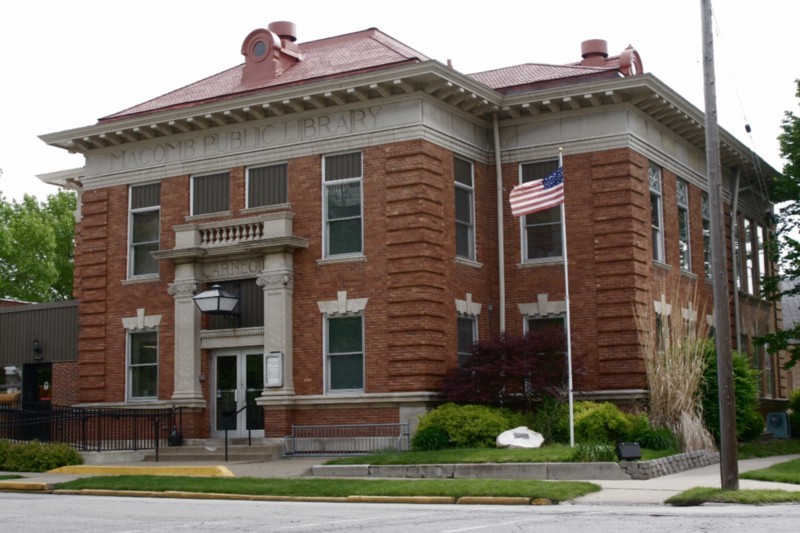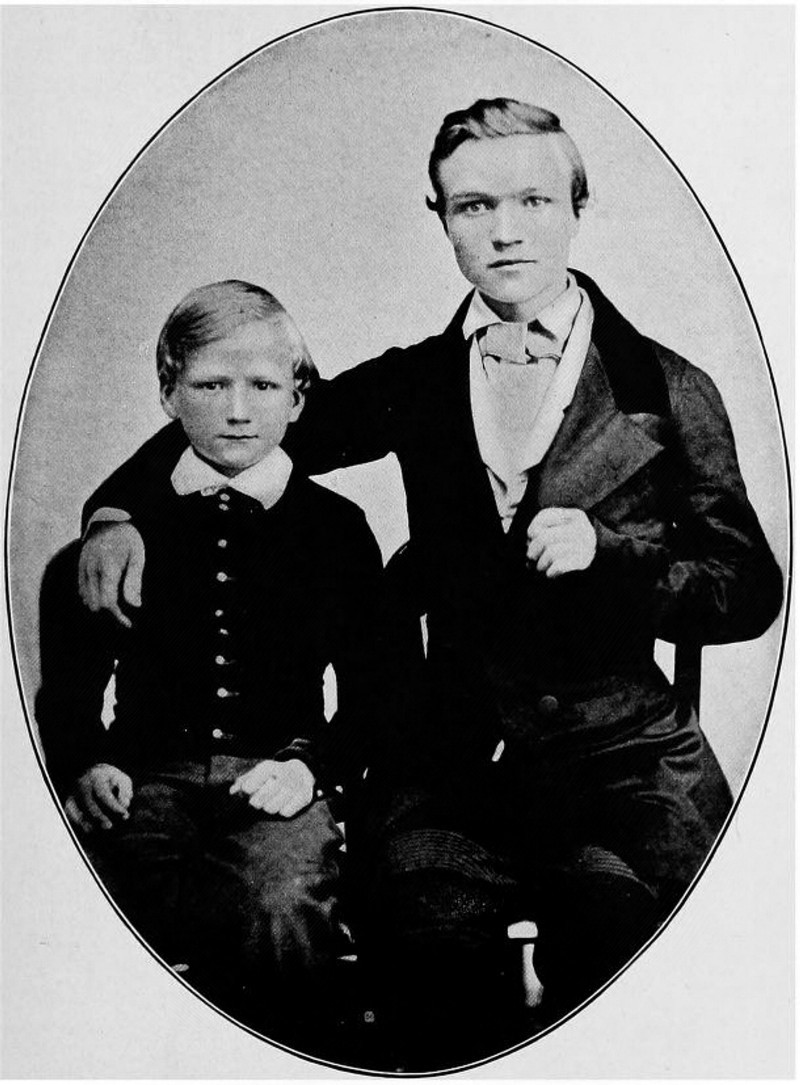In 1901, Andrew Carnegie sold his steel business to J.P. Morgan for $480 million. As a fraction of GDP, that corresponds to $370 billion today! He was the wealthiest person in the world, and as such, he felt a heavy responsibility to make the world a better place.
He chose libraries as the place to do it.

To understand why, it helps to look at his childhood. Carnegie came to America as a thirteen year old immigrant. His family was on the brink of starvation, and he was forced to go to work to supplement the income of his parents. School was not an option.
While working days as a telegraph operator, Andrew met Colonel James Anderson, who opened his private library to working boys from the neighborhood. Andrew Carnegie borrowed book after book and spent countless hours educating himself.

He later attributed his success to the opportunity he found in Colonel Anderson’s library.
“[I] resolved, if ever wealth came to me, [to see to it] that other poor boys might receive opportunities similar to those for which we were indebted to the noble man.”
Carnegie made good on this resolution. He gave away most of his fortune before he died, and building libraries was central to his philanthropy. Carnegie paid for 3,000 public libraries in 47 U.S. states and across the English-speaking world.
The idea was simple: provide access to education to as many people as humanly possible. As millions of people came to the libraries and read books, they were equipped with knowledge and empowered by ideas. They had the opportunity to succeed, and their success in turn helped others.
Today, the world is different. Globalization has sent jobs to far-flung places. Automation replaces human workers at an astonishing pace. It is no longer enough to work hard. To succeed in the 21st century, you have to work smart as well. And in nearly every field, that means using technology to get more accomplished. That can feel daunting, especially if you haven’t had much experience with computers.
But just as in Carnegie’s day, there is hope. People can learn how to use computers and open doors; they will be more productive, more creative, and more valuable. And just as in Carnegie’s time, public libraries can play an important role in the story.
So here it is: the plan Andrew Carnegie would implement if he were alive today.
- Provide computer programming education for free to everyone who wants it. Use online resources in an in-person setting, making the learning process social, engaging, and effective. (Example here)
- Leverage existing library assets to maximize impact: physical spaces, wifi, computers, and library staff.
- Finance the missing pieces (e.g. Chromebooks if a library doesn’t have computers), with a contingency that the library find the financing to continue the program. (Note: Carnegie paid for the library building and the books, but required the city to fund the personnel and upkeep over the years of operation)
- Watch millions of people equip themselves with an understanding of how computers and technology can move the needle.
- Wait for the next generation of Andrew Carnegies, and be amazed at the force for good they will have.
With coding in every library, everyone will have the opportunity to succeed through persistent self-learning, hard work, and determination. Just like Andrew Carnegie.
